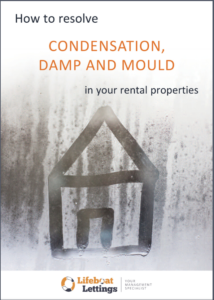
So called ‘Rent-to-Rent’ schemes are an attractive property strategy for both existing and new property investors for different reasons. For existing investors, who may have been hands on landlords and now perhaps want to take a bit more of a back seat, the promise of a guaranteed rent and a totally hands off approach can be very attractive. For new investors who are looking for a ‘no money down scheme’ the idea is equally appealing, as they can control and profit from a property without needing the resources to own it.

However, there are some risks to this arrangement that property owners in particular need to be aware of. Firstly, consider carefully what entity will be renting your property and whether they are robust enough to continue to pay ‘guaranteed rent’ even in the event that they are not able to sublet it. The second big risk to property owners relates to a case that is going through the courts currently and is all about compliance.
The case is Rakusen v Jepsen. In summary, the property owner (Rakusen) let his property on a ‘rent-to-rent’ agreement to a company called Kensington Property Investment Group. KPIG then used the property as an HMO, paying Rakusen a fixed rent. The property became licensable but KPIG did not secure the necessary licence from the local authority. This came to light after Rakusen took back control of the property from KPIG and the tenants (Jepsen) then applied for a rent repayment order because the property had been let illegally (being an unlicenced HMO). The case all hinges on who has responsibility for compliance: the ‘immediate’ landlord (KPIG) or the superior landlord (Rakusen).
Initially, the repayment order was applied to the superior landlord, but Rakusen took this to the court of appeal who struck off the fine, identifying that the correct interpretation of the law was that the immediate landlord was responsible.
The Supreme Court has now granted leave to appeal again and it will be interesting to see whether they confirm that the immediate landlord or superior landlord is liable for the rent repayment order.
The outcome of this case has huge implications for landlords up and down the country and even has implications for those property owners who let their properties to local authorities on a ‘guaranteed rent’ basis. The appeal will likely be heard late 2022 or early 2023. We will obviously update our readers once we hear more.
You can read the full July 2021 Court of Appeal Judgement here
Lifeboat Lettings offers Rent and Legal Protection to our managed landlords, if you would like to have more information about this or any other services we offer, phone us for a chat on 01233 80280




